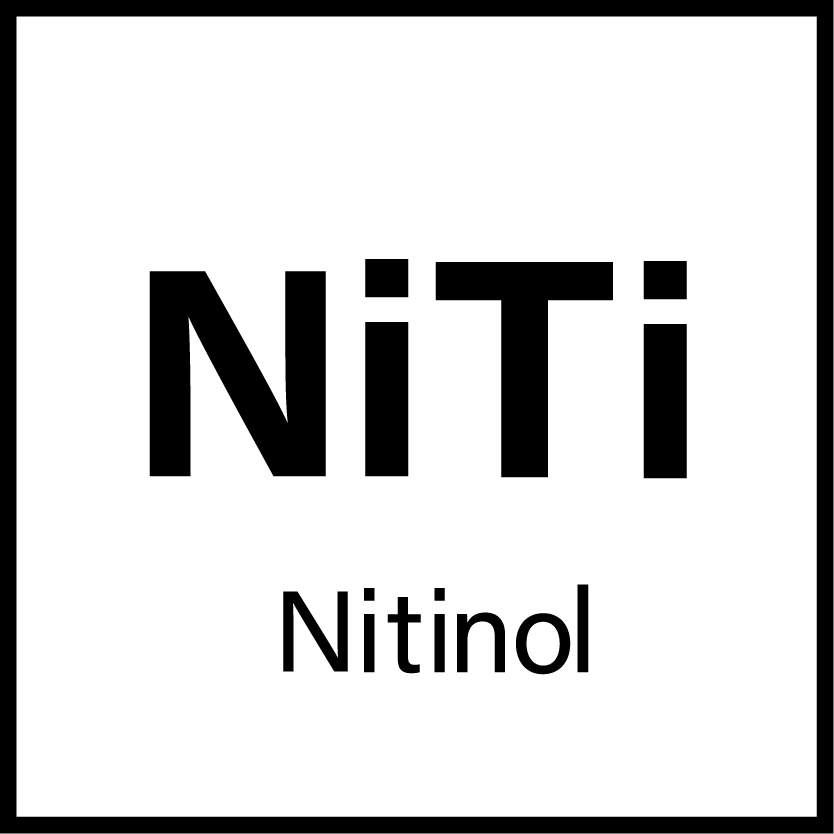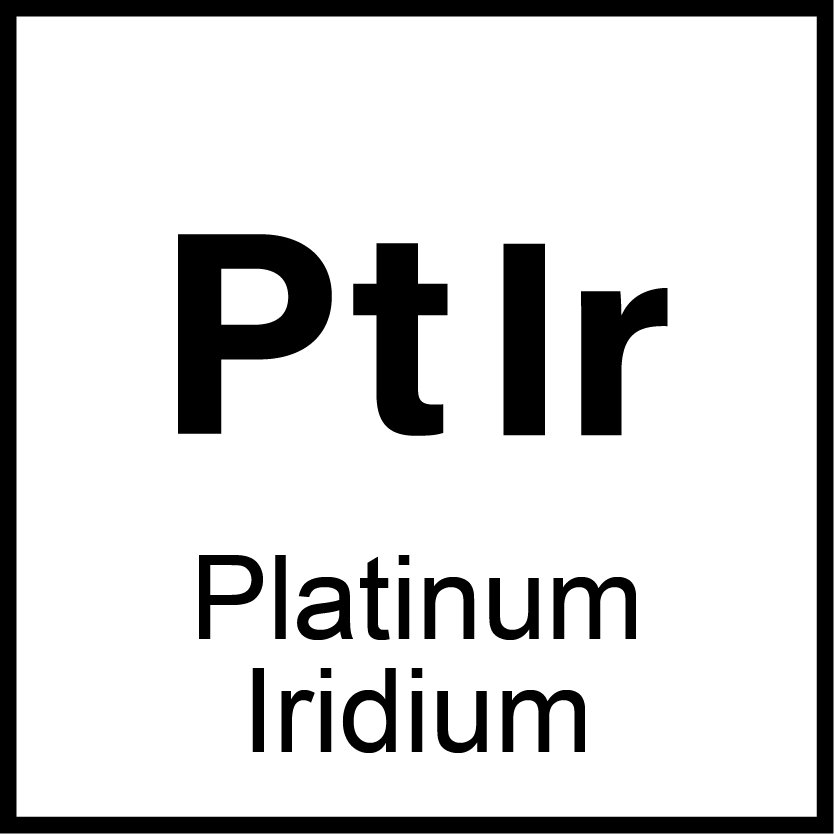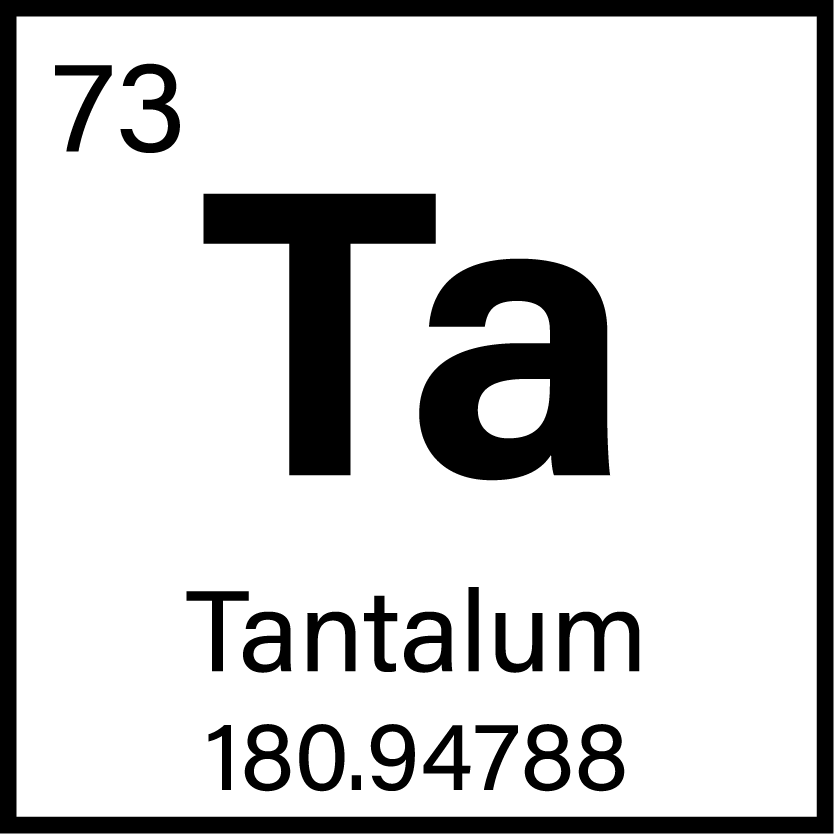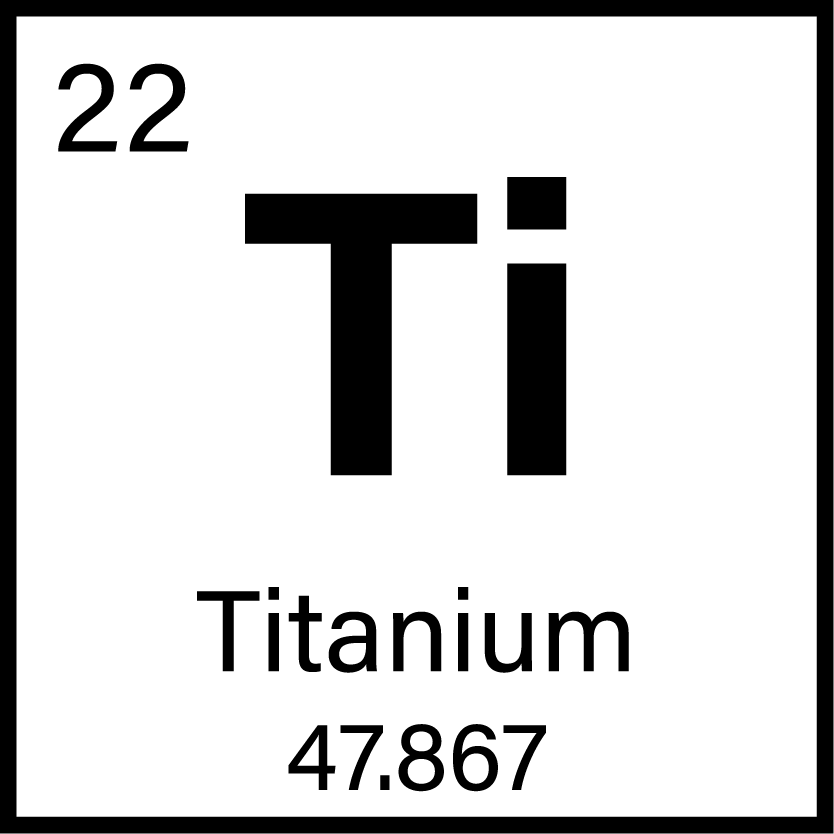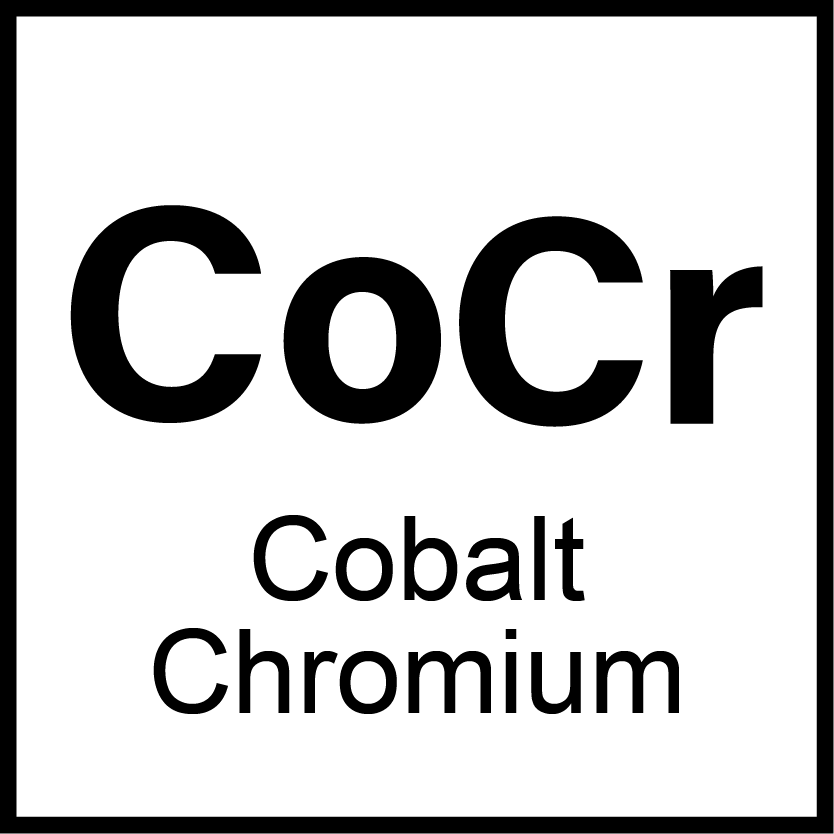The materials you choose and ultimately use for your project have a significant influence.
We specialize in the following medical device materials:
Nitinol is an alloy that is made up of mostly Nickel and Titanium.
We take advantage of two primary unique properties with Nitinol, especially with medical devices—shape memory and superelasticity.
Stainless steel is a group of iron-based alloys containing the chemical element chromium, which prevents the iron from rusting, and also provides heat-resistant properties.
Platinum Iridium (abbreviated Pt/Ir) is a metal alloy with the chemical stability of platinum and the added hardness of iridium. The most used alloy of platinum iridium is 90% Platinum / 10% Iridium
Tantalum is very useful when used for a radiopaque marker. The high density of tantalum makes it an ideal fit for visualization under medical imaging equipment.
Titanium is a biocompatible material, meaning it is not harmful to living tissue and is therefore often favored in medical applications such as orthopedics and dentistry, among others.
Cobalt-chromium alloys are nonmagnetic Cobalt-based Chromium-Nickel alloys that have excellent corrosion and oxidation resistance.

